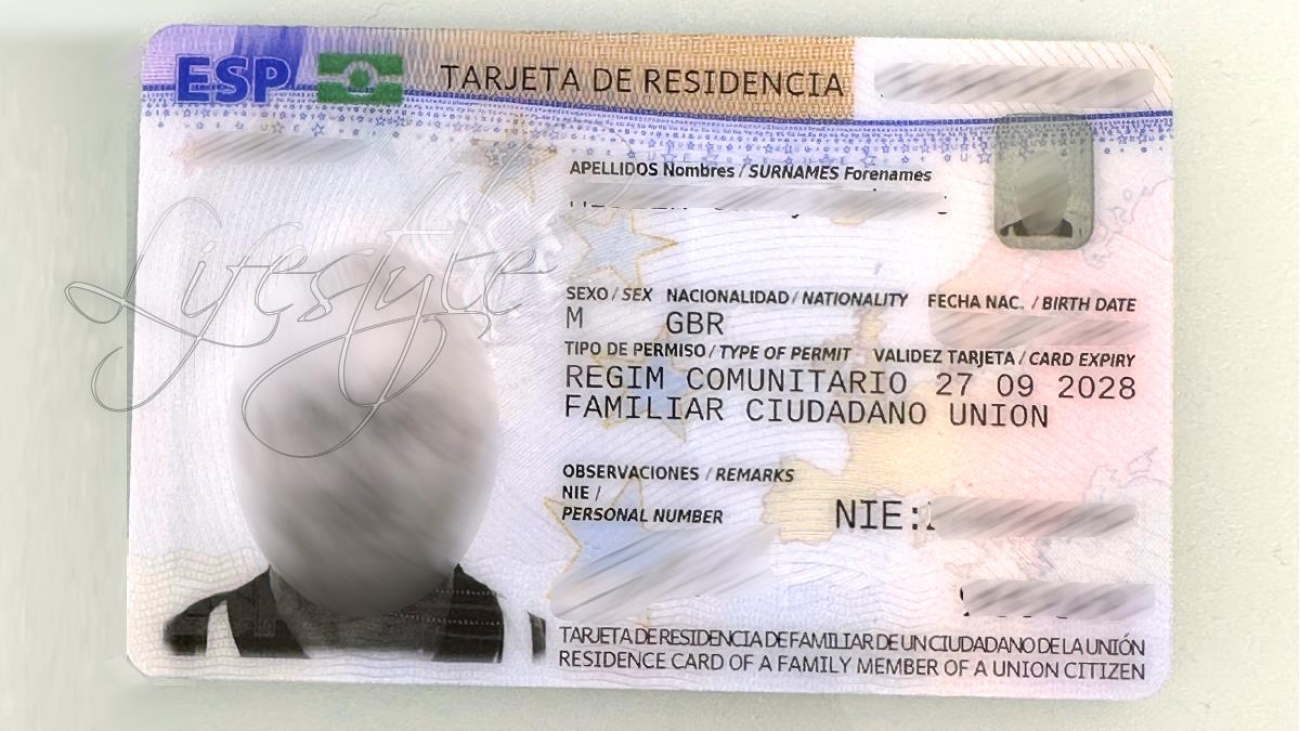When a citizen of an EU country decides to move to Spain, they have a fundamental right to be accompanied by their non-EU family members. This right is protected under Directive 2004/38/EC, a key piece of EU legislation that outlines the conditions for free movement and residence within the EU. Yet, in practice, Spain’s implementation of this directive raises serious legal concerns.
Many applicants and immigration professionals report that Spain’s approach to residency applications for non-EU family members of EU citizens is overly burdensome, inconsistent with EU law, and fraught with procedural barriers. This article explores Spain breaching EU Law with Residency Process for Non-EU Family Members of EU Citizens and failing to comply with EU obligations—specifically as clarified in the European Commission Communication C/2023/1392, published in the Official Journal of the European Union in 2023.
1. Legalisation of Foreign Documents: Blanket Requirement vs. Case-by-Case Evaluation
According to the EU directive and the 2023 Communication (Section 2.2), public documents such as marriage or birth certificates issued in non-EU countries should not require legalisation (such as an apostille) unless there are specific doubts about their authenticity.
EU Guidance: “Member States may only require legalisation … in exceptional cases where there is a genuine doubt as to the authenticity of a document.”
However, Spanish immigration offices routinely and systematically demand legalisation of all foreign documents, regardless of circumstance. This blanket requirement is not only disproportionate but also directly contradicts EU law.
2. Restriction of Acceptable Proof of Family Relationship
EU law offers flexibility regarding how applicants prove a family relationship. It allows the use of any appropriate documentation, depending on the circumstances—especially important for unmarried or long-term partners.
EU Directive: Applicants “may use any appropriate document to prove the existence of a family relationship or durable relationship.”
Spain, in contrast, mandates specific types of documents (e.g. official marriage certificates, birth certificates) and routinely rejects alternative evidence, even when it is relevant and legitimate. This restrictive approach runs counter to EU principles of proportionality and flexibility.
3. Unlawful One-Year Cohabitation Requirement for Partners
The directive allows non-EU partners in durable relationships to apply for residency, but leaves it up to Member States to assess these on a case-by-case basis.
Spain, however, often imposes a strict requirement: applicants must prove one full year of prior cohabitation with their EU partner. This rule is not found in EU law and fails to respect the Directive’s individualised assessment mandate.
Many couples—especially those separated by visa constraints or long-distance relationships—find this requirement impossible to meet, even when their relationship is genuine and longstanding.
4. Demands for Proof of ‘Effective Residence’ and Departure from Country of Origin
Applicants are also routinely asked to prove they have permanently left their home country and are now effectively residing in Spain. This includes requests for:
Rental contracts or home ownership documents
Municipal registration (empadronamiento)
Utility bills
Employment contracts or proof of income
This poses a legal paradox: non-EU family members are often only permitted to stay in Spain for 90 days, during which time they must submit their residency application. Expecting applicants to already have such documents assumes the outcome of the application, undermining the entire purpose of the facilitated process the Directive guarantees.
5. Impact on Vulnerable Applicants
Most non-EU family members arriving in Spain do so under visa-free travel or short-stay visas. They are often:
Financially dependent on their EU citizen family member
Without independent income or assets
Without formal residency status or municipal registration
Spain’s procedural demands—documentation, legalisation, cohabitation proof—create a de facto barrier to family reunification. This situation disproportionately affects vulnerable individuals and undermines the right to family life, which is protected by both EU and international law.
Conclusion: A Call for Compliance and Reform
Spain’s current residency process for non-EU family members appears to violate several key elements of EU law, particularly as clarified in the European Commission’s 2023 Communication on Directive 2004/38/EC.
Key Areas of Non-Compliance:
Systematic legalisation of documents without justification
Restrictive documentary requirements for proving family ties
Mandatory cohabitation rules not found in EU legislation
Proof of settlement requirements incompatible with the 90-day entry window
These practices hinder the exercise of fundamental EU rights and frustrate the purpose of the Free Movement Directive. The European Commission has made it clear: Member States must facilitate—not obstruct—family reunification for EU citizens.
What Can Applicants Do?
Affected individuals can:
Submit a complaint to the European Commission
Petition the European Parliament
Seek legal advice to initiate appeals or judicial review
Request assistance from rights organisations or legal NGOs
This article is based on first-hand experience supporting non-EU family members through the Spanish residency process. It is intended as a general overview and does not constitute legal advice.

